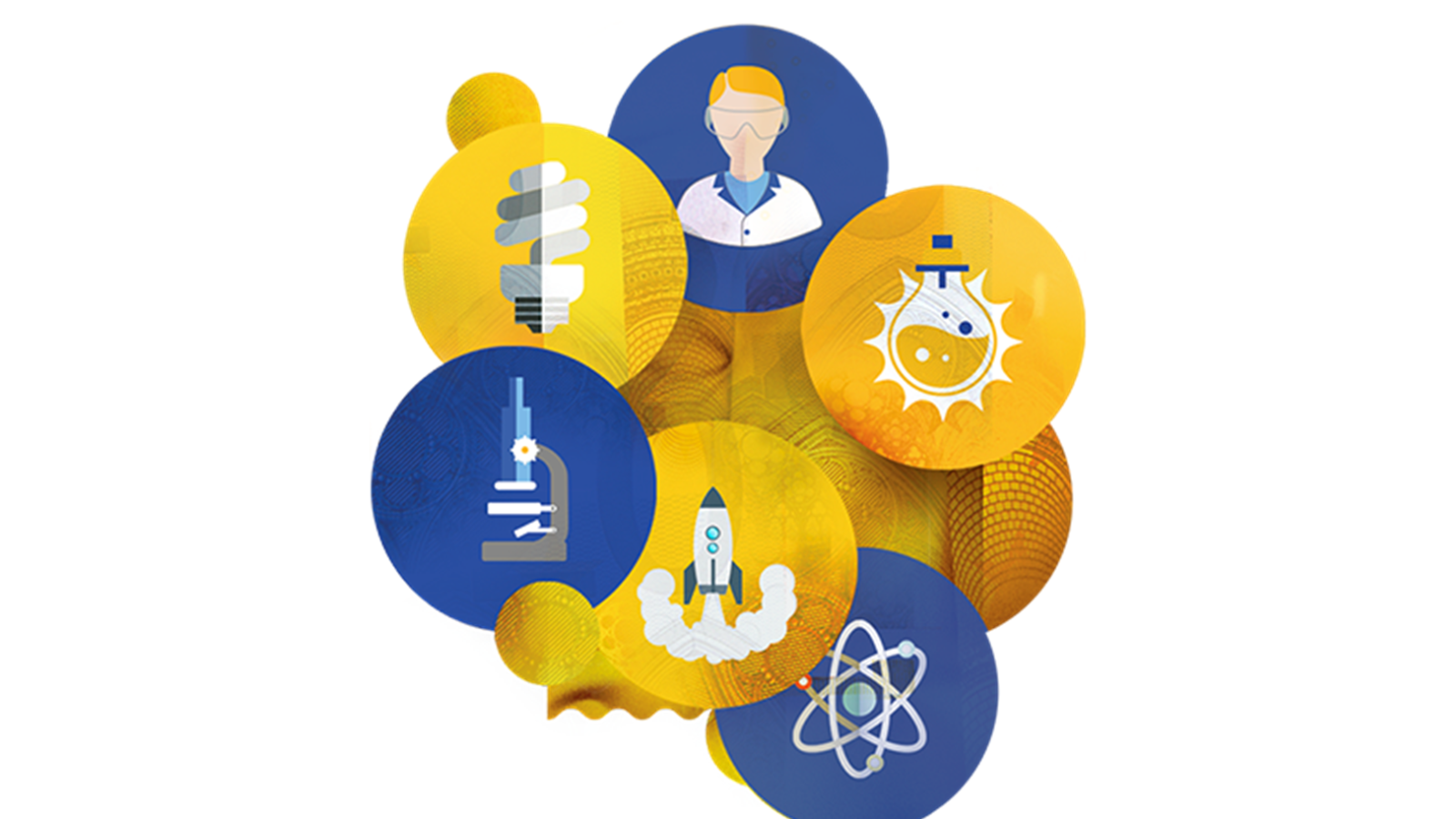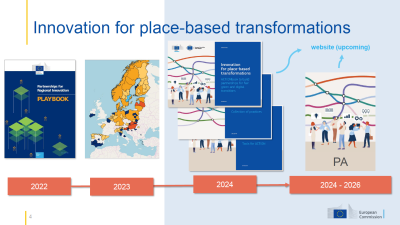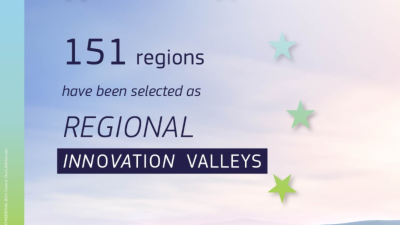A regional and local perspective on R&I
ERRIN brings a bottom-up place-based perspective to the European research and innovation policy and funding programmes, with a collective voice of around 120 regions and their ecosystems across Europe. Through our member-driven Working Groups and Task Forces, we strengthen and influence EU policy development by advocating a regional and local innovation ecosystem approach, which underpins all the network’s activities. The unique value of ERRIN’s policy work lies in the close collaboration with and between our members, continuous dialogue with European institutions and ability to provide concrete input based on diverse experience and expertise developed through over 20 years of activity in Brussels.

ERRIN's input to Horizon programmes 2014-2027 consultation
February 2023
ERRIN's policy work
As the EU’s key funding programme for research and innovation in 2021-2027, Horizon Europe remains at the centre of ERRIN’s policy work, alongside preparations for the next EU Framework Programme for R&I (FP10).
There are currently four areas at the core of ERRIN’s policy work, which were also the main parts of the ERRIN’s 2023 input to the largest public consultation on Horizon 2014-2027 to date, and are presented in more detail in separate subpages, together with ERRIN policy messages:
- Ecosystem approach, with its links to initiatives such as
- EU Missions
- Widening
- European Partnerships
With certain aspects of research and innovation being funded by other sources, we also work on programmes under cohesion policy such as Interregional Innovation Investment (I3) Instrument, Connecting Europe Facility, Creative Europe, Digital Europe, Erasmus+, InvestEU, LIFE, Innovation Fund or Single Market Programme.
To explore added value, we examine closer linkages and synergies between research and innovation and other policies, for example Smart Specialisation as connecting the R&I and cohesion policy worlds. Complementing these activities, more transversal topics related to the development of regional and local R&I ecosystems are also covered by ERRIN’s work.
In 2024, ERRIN focuses on continuing reflections on FP10 and strengthening the research and innovation dimension in the cohesion policy post-2027, which started in autumn 2023 and have been rolled out further in the first months of 2024 (March update). The FP10 is a continuous work stream for ERRIN Working Groups and Task Forces this year, with various activities planned throughout 2024. Find more about ERRIN's FP10 work and inputs here.






